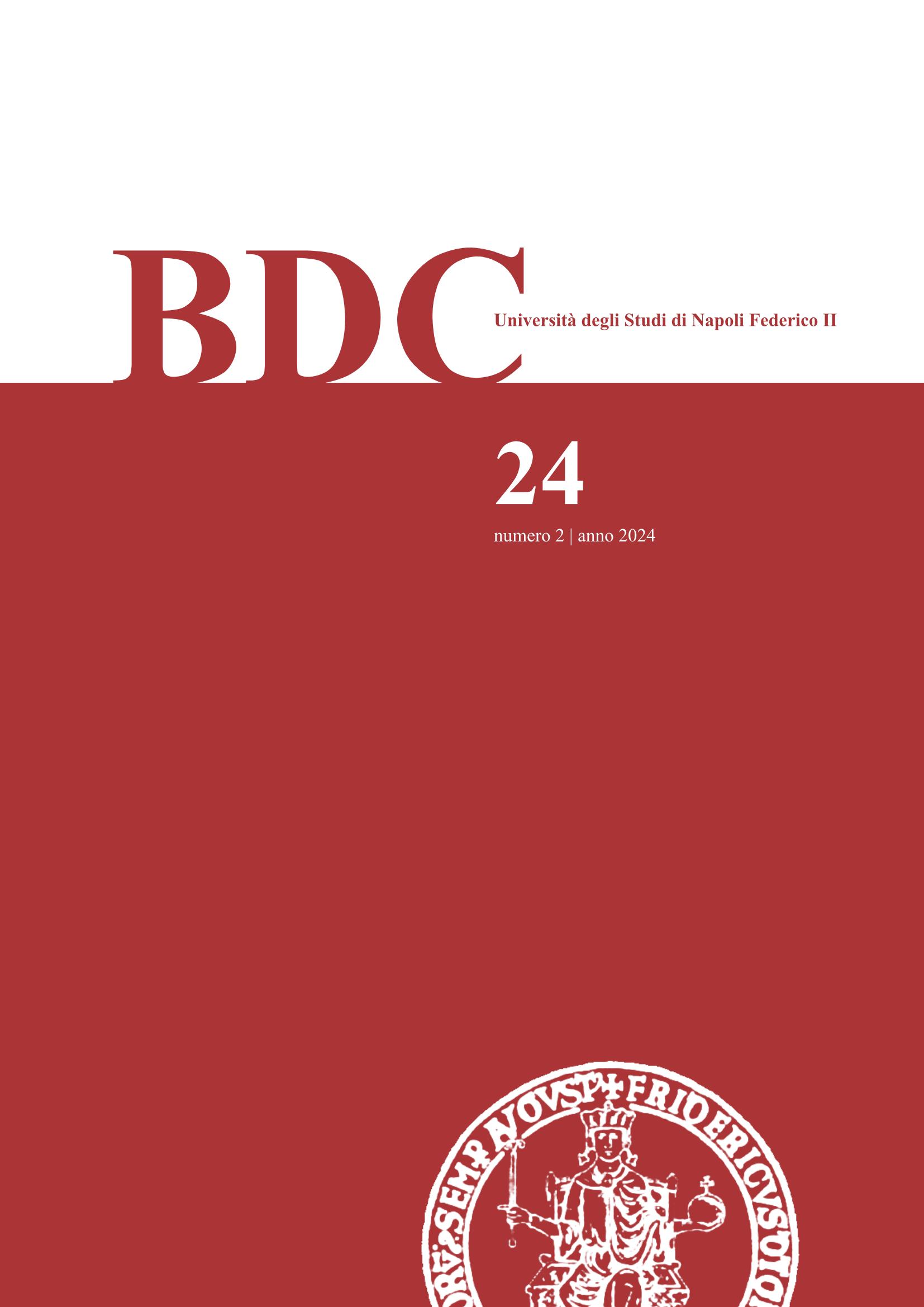Healthy Cities and Social Day Care Centres. Architecture for intergenerational wellbeing
DOI:
https://doi.org/10.6093/2284-4732/11303Abstract
Rethinking our cities to create an inclusive system that responds to current and future needs includes designing new architectural and typological models. What these models should be, and how they can be conceived and systematized, is the focus of the research being carried out within the extended partnership of Age-It – Ageing Well in an Ageing Society (Mission 4, NRRP). The study aims to provide design guidelines for living and aging in old age, with an intergenerational perspective. Supported by literature on the subject and initiatives underway in Europe centred on the concept of aging in place, the investigation focuses on defining innovative Day Centres.
Working for the physical, social, and mental well-being of the elderly is aimed at supporting their participation in the community and their continuity within its territorial fabric. This can occur when social and healthcare services are also directed at fostering social encounters and encouraging the pursuit of an active life, thus within the context of a continuum of care.
This is the aspiration of the Social Day Care Centres outlined in the research and some significant international examples examined in the study.
Keywords: social day care centres, healthy city, continuity services, intergenerational perspective, Age-It, National Recovery and Resilience Plan

